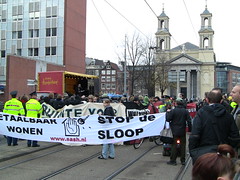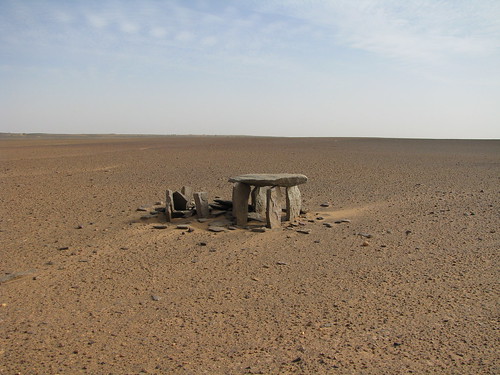 Scanning the landscape of the northeastern United States, from Connecticut down to Washington DC and all the states in between, there is no question that big corporate stores have firmly laid down roots. Of course large chain stores have always made up a part of American suburbia, but if you look back 20 years you’ll find even on main street in the smallest of towns, the corporate names have replaced to small name shops.
Scanning the landscape of the northeastern United States, from Connecticut down to Washington DC and all the states in between, there is no question that big corporate stores have firmly laid down roots. Of course large chain stores have always made up a part of American suburbia, but if you look back 20 years you’ll find even on main street in the smallest of towns, the corporate names have replaced to small name shops.
It is this change that perhaps led to the theme that keeps coming up in conversations with friends and random people during my travels, the behavior and manner of functioning of large corporations. Specifically the question: Is there a large company out there, that behaves itself, and can be trusted to do business while not harming communities, the environment, etc.? The answer is never clear, even if many believe its one way or the other, when you lay down all the facts and all the history, there is no one final word on this long standing question.
Since I’ve been back in the US, I’ve had a drink at a Starbucks, I’ve bought something at a Target, I’ve ordered from Amazon, and I’ve had dealings with Apple. I’m sure many reading these words are horrified because you want to believe I’m so disciplined and dedicated to human rights, that I’d never confess to spending the little money I earn with any of these big names with questionable records. So the secret is out, I’m not as good as you thought I was, but that doesn’t mean I don’t want to know more and figure out how, in the future, I might make better decisions based on well researched facts. In a land where you can hardly escape dealing with a large corporation to take care of basic and non basic needs, how does a socially conscious world citizen navigate? Beyond that, back to the original question: Can a large corporation ever really behave itself 100%?
I went looking around for some answers from the no-doubt large amount of people who have looked more closely into this issue and possible answers. One answer that is thought provoking, but still feels incomplete, comes from someone who talk me a lot about the history of the world:
Is it in the nature of corporations to oppose a healthy environment and decent working conditions for their employees? Unquestionably. The natural drive of corporations is to place profit before human needs. But that does not mean they cannot be induced–by the threat of losing some of their profit due to a boycott or strike–to change their policies, to pay attention to the environment, to do better by their employees. There is a long history that shows how powerful and selfish corporations can yield, at least a bit, to human needs if there is sufficient pressure from consumers and employees. –Howard Zinn, author of A People’s History of the United States
I didn’t take the time to see what year Zinn said this, but after reading this statement I’m still left wondering about the future. If strikes and boycotts are the greatest tools with which to influence corporations, what if we live in an era where neither has the impact it used to? What about the idea, albeit idealist, that a corporation could be run according to principles that value human rights and the public good above all, without having to be threatened?
I’ll end this post here, but this becomes the second in a series that have come to me during my US 2010 visit. The effectiveness of strikes, the future of protest, and the nature of corporations now and in the future. I will continue to explore and research this topic and would be curious to learn from anyone with more to add.
 The squatting community in Amsterdam is under siege, with the new law declaring squatting illegal, many who have lived in their homes for a decade or more are now considered criminals and subject to forceful eviction. ; But the community and its supporters have not given up hope and refuse to be made homeless by the authorities.
The squatting community in Amsterdam is under siege, with the new law declaring squatting illegal, many who have lived in their homes for a decade or more are now considered criminals and subject to forceful eviction. ; But the community and its supporters have not given up hope and refuse to be made homeless by the authorities.

 Scanning the landscape of the northeastern United States, from Connecticut down to Washington DC and all the states in between, there is no question that big corporate stores have firmly laid down roots. Of course large chain stores have always made up a part of American suburbia, but if you look back 20 years you’ll find even on main street in the smallest of towns, the corporate names have replaced to small name shops.
Scanning the landscape of the northeastern United States, from Connecticut down to Washington DC and all the states in between, there is no question that big corporate stores have firmly laid down roots. Of course large chain stores have always made up a part of American suburbia, but if you look back 20 years you’ll find even on main street in the smallest of towns, the corporate names have replaced to small name shops.
